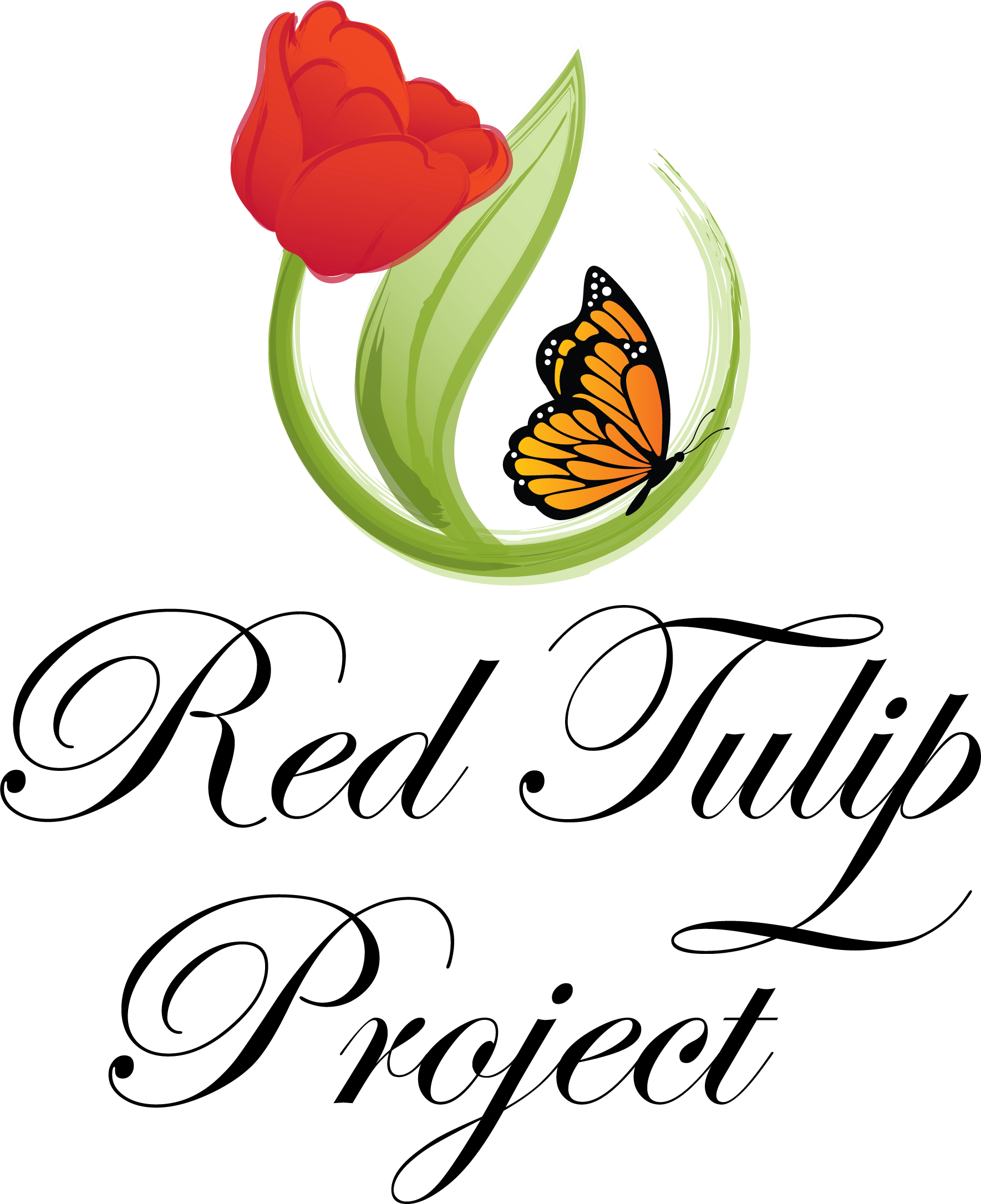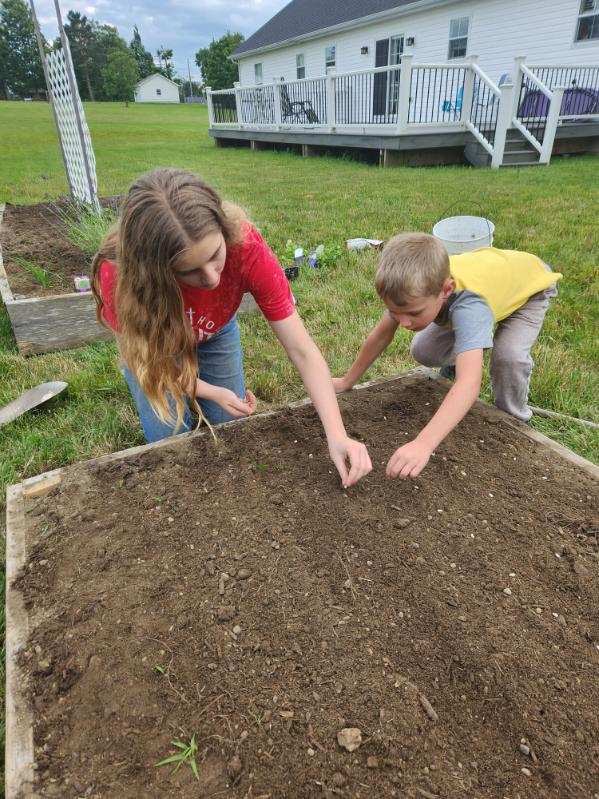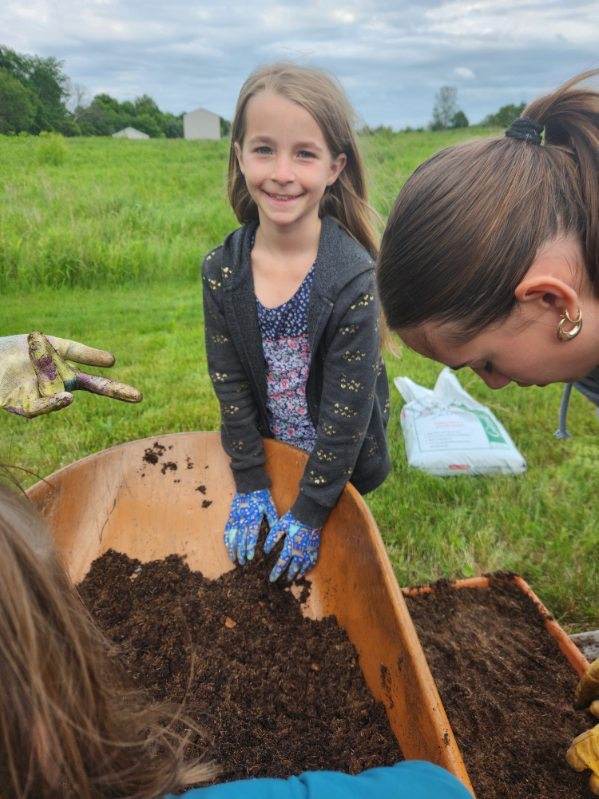Friday, June 7, 2024
In recent decades, studies have shown gardening and being close to nature has an immediate positive effect on an individual’s mental health. Recent studies have shown that just three to five minutes in a lush green garden can reduce stress, anxiety, anger, and pain. It can also induce relaxation and dispel mental and emotional fatigue. For many, it’s a healthy and effective way to cope with stress, and provides a quiet time to reflect or not have to think at all.
For patients coping with addiction, gardening is a low-risk activity that can help fill the void once filled with unhealthy behaviors.
Recovery gardens are emerging all over the country in hospitals and recovery centers. The Red Tulip Project Monarch Meadow House has recently brought their dream of an on-premise recovery garden to fruition with the help of local organizations and volunteers.
Th Ox Shoppe repaired an existing raised bed wooden structure that had begun rotting, and helped prepare the beds for planting. The Democratic Women’s Caucaus donated money to purchase a variety of vegetables and herbs. Leaders and youth from Lifehouse Church volunteered their time and energy to plant the beds.
Monarch Meadow House tenants will have the opportunity to tend and harvest the garden during their stay.
Sources with information about Recovery Gardens:
https://blanchethouse.org/gardening-benefits-addiction-recovery/
https://www.gardeningknowhow.com/special/accessible/gardens-for-mental-health-patients.htm
https://hickorytreatmentcenters.com/2023/04/gardening-in-addiction-recovery/







Recent Comments